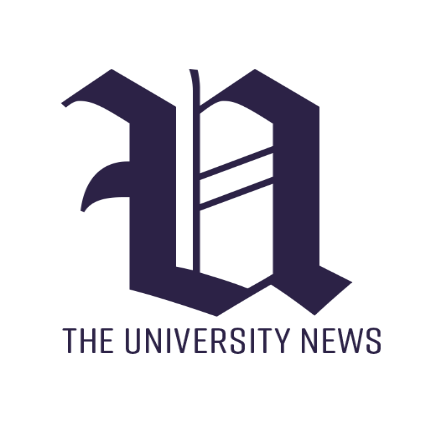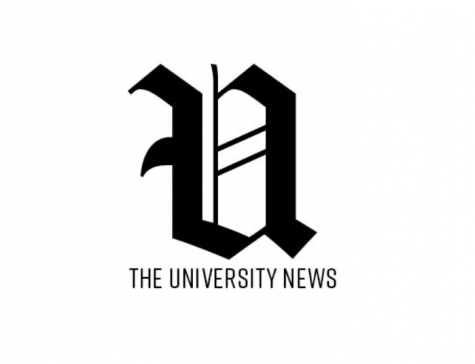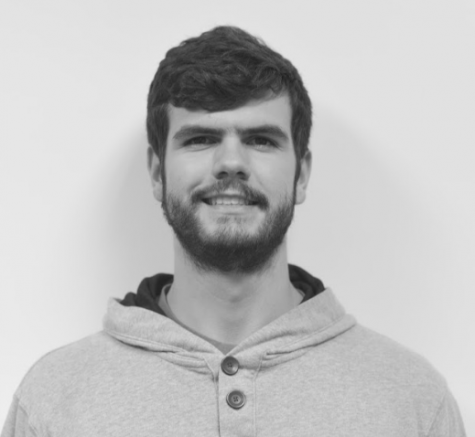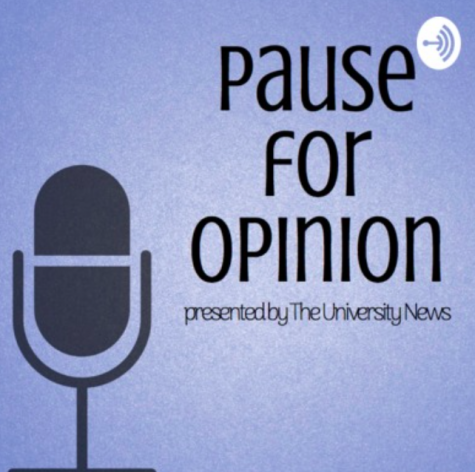The Benefits of Undergraduate Research

Research has become an important part of the medical school admissions process. While not required for admission, research experience often helps applicants to stand out from their peers and gain exposure to medical sciences.
When I entered college as a premedical student, I didn’t understand how performing research would prepare me for a career in medicine. Physicians spend their time treating patients, and the logical way to prepare for this would be to work in a clinic. However, research is emphasized just as much as clinical experience by many medical schools.
After working in a lab for the past two summers, I now know that research can offer a wealth of benefits to the aspiring physician. Through research, I have been able to practice critical thinking in a real-world setting, apply my technical skills in data science to clinically relevant questions and learn to be an effective communicator.
I work in the Center for Abdominal Transplantation at Saint Louis University Hospital, in the clinical research lab run by Drs. Krista Lentine and Mark Schnitzler. My job is to analyze large databases capturing information for transplant recipients and organ donors with R statistical analysis software, a program that I learned to use in my coursework.
When I first started, I was intimidated by the seemingly impossible task. I had to work with a dataset of nearly 100,000 patients, often with multiple records per patient, and I had to learn medical terminology associated with kidney disease and transplantation. However, I was determined to succeed, so I went into work every day and asked many questions to my advisors and other team members.
Performing research has allowed me to engage in critical thinking outside of a classroom setting. This is important because the classroom setting is more relaxed, and you have as much time as you want to solve a problem. In research, I was expected to communicate my results with physicians and biostatisticians, so I had to make sure I was executing my tasks correctly and sharing them in a timely manner. When tasked with performing an unfamiliar analysis, I had to step back and understand the problem.
In R statistical analysis software, hundreds of lines of code can be required to perform an analysis, and it is easy to get lost in the small details. Before jumping straight in to solving the problem, I sketched out graphs on paper to visualize the big picture, and I wrote down lists of the exact steps I needed to follow. This allowed me to be more efficient as I worked. I gained greater confidence in my ability to think critically in a medical setting, and this will help me in the future as I approach new problems in medicine.
In addition to critical thinking, research has allowed me to practice effective communication skills. In medicine, effective communication is marked by clarity and conciseness. When sending emails to my colleagues, I had to make sure I was clearly explaining my results in a succinct manner. In one instance, I had to speak on the phone with a nephrologist for two hours. I didn’t know the answers to many of his questions, and I had to accept the gaps in my knowledge and explain everything as best as I could. At the end of the conversation, he said that I had been very helpful, much to my surprise.
Research has also taught me to communicate failure. In one instance, I found a significant result that held much promise for the transplant population. When I discussed it with my brother, who is a physician, he said the finding was “earth-shattering.” I thought I had done everything correctly, but when double-checking my work, I found a single line of code that didn’t belong. When I removed it, the result became nonsignificant. I was nervous to admit my mistake, but I had to own up to it, so I approached my colleagues and clearly communicated the error.
They were kind, and they told me that identifying and troubleshooting mistakes is part of the research process. What I thought would be a negative experience turned out to be a very positive one, and reinforced the importance of transparency, accountability and integrity in research and in medicine
I did not expect it, but performing research has been one of my most meaningful experiences as a premedical student. I have developed skills that will help me to provide the best patient care. When treating patients, critical thinking is required to make a diagnosis and treatment plan, and effective communication is necessary to make sure the patient is fully informed.
While research should not be used as a substitute for clinical experience, it offers unique opportunities that cannot be found elsewhere. If you are a premedical student, do not hesitate to add research to your list of things to do. It might just end up being your most valuable experience in medicine.
Your donation will support the student journalists of Saint Louis University. Your contribution will help us cover our annual website hosting costs.




